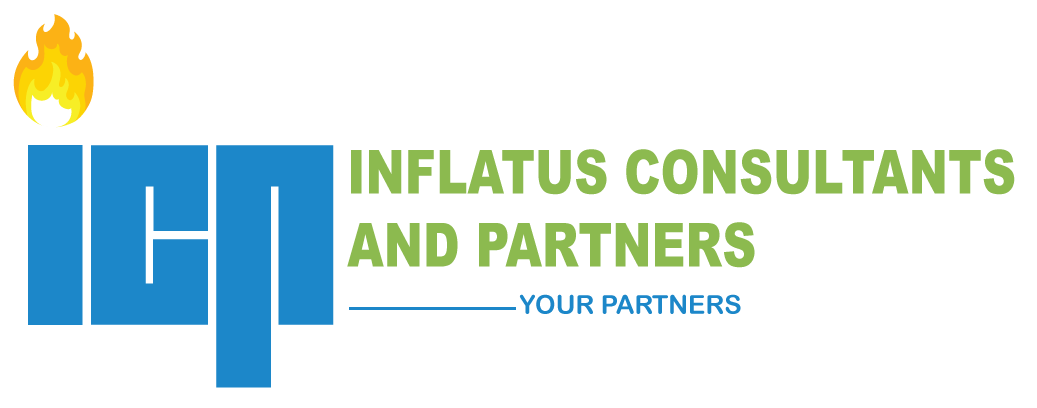LEADERSHIP IMPACT: A MATTER OF THE HEART
Dr. John Maxwell, while discussing the Law of Addition, in ‘The 21 Irrefutable Laws of Leadership’, states that leaders add value by serving others. We add value to others by truly valuing them, making ourselves more valuable to them, knowing and relating to what they value, and doing the things that God values.
But I have often wondered why some leaders seem only able to identify very few opportunities, if any, to serve or add value to people. This severely limits their influence and the impact that they can make. They look with envy or outright jealousy at other leaders who, given the same group of people, seem to identify almost unlimited opportunities to add value, and as they serve and add value in those areas, their influence and impact soar.
Many of us are like Chet in the movie, The Great Outdoors. As he and Roman look at the lake and the miles of beautiful forest, all Chet could see is ‘just trees’ whereas Roman sees “underdeveloped resources of northern Minnesota, Wisconsin, and Michigan; a syndicated development consortium exploiting over a billion dollars in forest products; a paper mill; a possible mining operation, etc”
Some may dismiss this as lack of training or awareness. But it appears to me that the ability to identify areas to add value to others comes to some leaders spontaneously or intuitively, while others really must struggle. Even after all that, they still come far short.
I have looked with dismay at leaders faced with a people in need. One group responds with structures, systems and processes that cannot address the problem, and just watch while the situation deteriorates. This is common in both organizations and government.
For instance, in my work in the oil industry in the Gulf of Guinea, I have visited some rural communities without roads, power supply or potable water, even after more than half a century of oil exploration and production. And all the government provided for them was a landing for non-existent marine vessels! The result has been frustration at apparent government insensitivity resulting in militancy, that has disrupted oil production, and negatively impacted the global oil market at various times.
This essay is an attempt to address the issue at the root of our transition from this kind of leadership to the other.
Wayne Dyer argues that if we change the way we look at things, the things we look at change. How do we change the way we look at things?
I think John Maxwell’s assertion that The Law of Intuition often separates the great leaders from the merely good ones is quite apt.
In the final analysis, our ability to identify opportunities to add value to both individuals and groups depends on the ability to develop and use our intuition. It represents our ability to read both people and situations.
We understand that although everyone may not be intuitive in leadership, everyone is intuitive in his area of gifting. The question is this: what area of giftedness would help us develop very strong intuition in dealing with people?
My answer is simple: A Heart for People!
The inauguration of the high priest, the peak of spiritual leadership, in ancient Israel illustrates this clearly. Two sets of precious stones – one on his shoulders and another over his heart – were key parts of his official regalia. Each of the pair on his shoulders was inscribed with six names of the twelve families of Israel (the 12 sons of Jacob, their patriarch). The other set of 12 stones he wore over his heart, was engraved with each of their names. He carried their names over his heart, as he went about his duties, to continually remind that he represented them. Love and compassion for the people is at the heart of effective leadership.
If we love people sincerely and deeply, we become intuitive concerning them. If we use serving people just to build organizations rather than building organizations to serve people, we’ll also be limited.
But if, we serve people with genuine love and passion, opportunities to add value will just show up wherever we look.
What if I am not gifted with a heart for people? Well, we can cultivate a heart for people.
John has stated that leadership intuition comes to some naturally while others can nurture what he calls ‘informed intuition’. I believe, in the same way, some may be naturally compassionate and intuitive in their ability to identify areas to add value, while others can nurture it.
How? The same way you did with your spouse! Those who are married will readily understand. For some it was love at first sight. For others, it was frequent interaction, careful observation, keeping in mind, etc, until the heart was virtually consumed.
The difference between leaders who add value and increase their influence and impact, and those who don’t, is a matter of the heart – love and compassion for the people. To some this comes naturally. Others must cultivate it, if there are to become effective.


